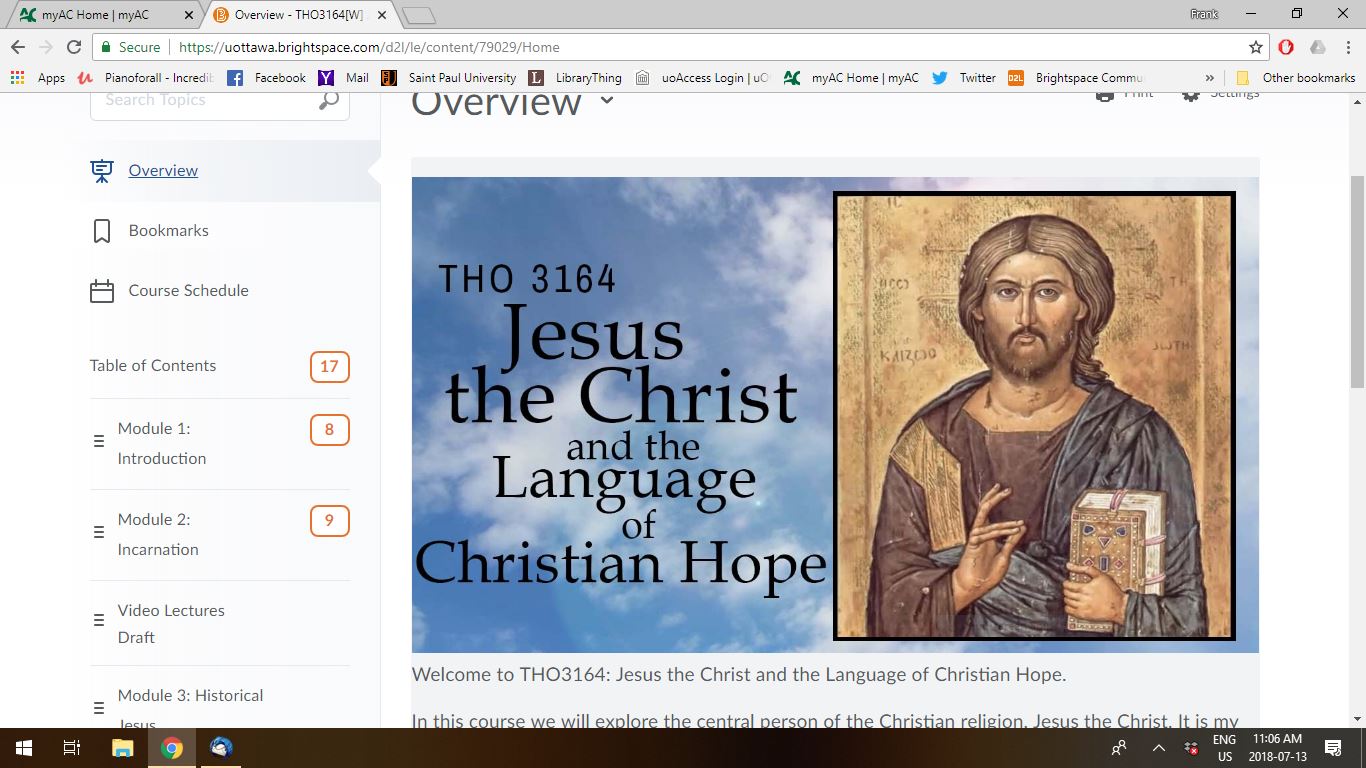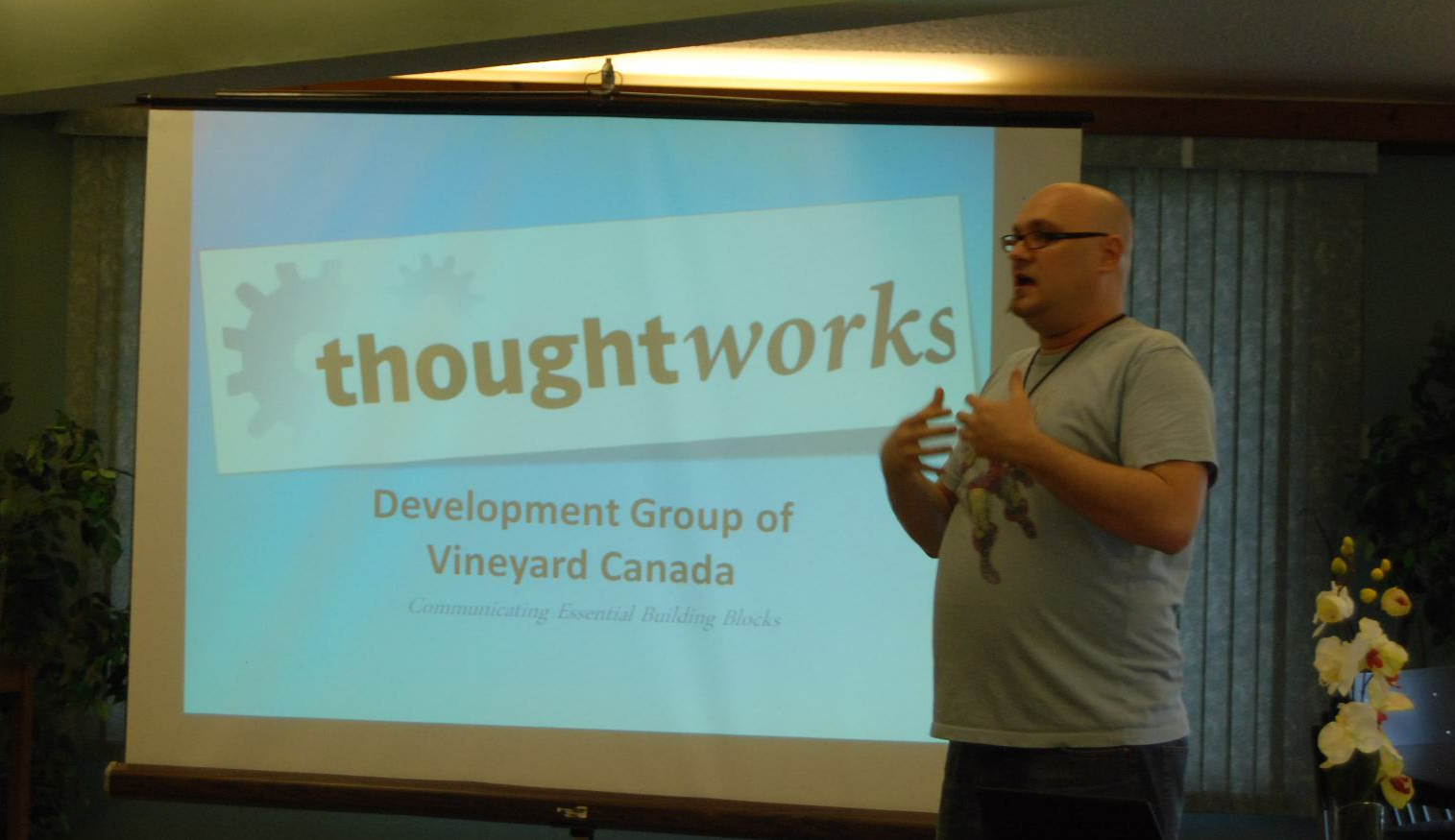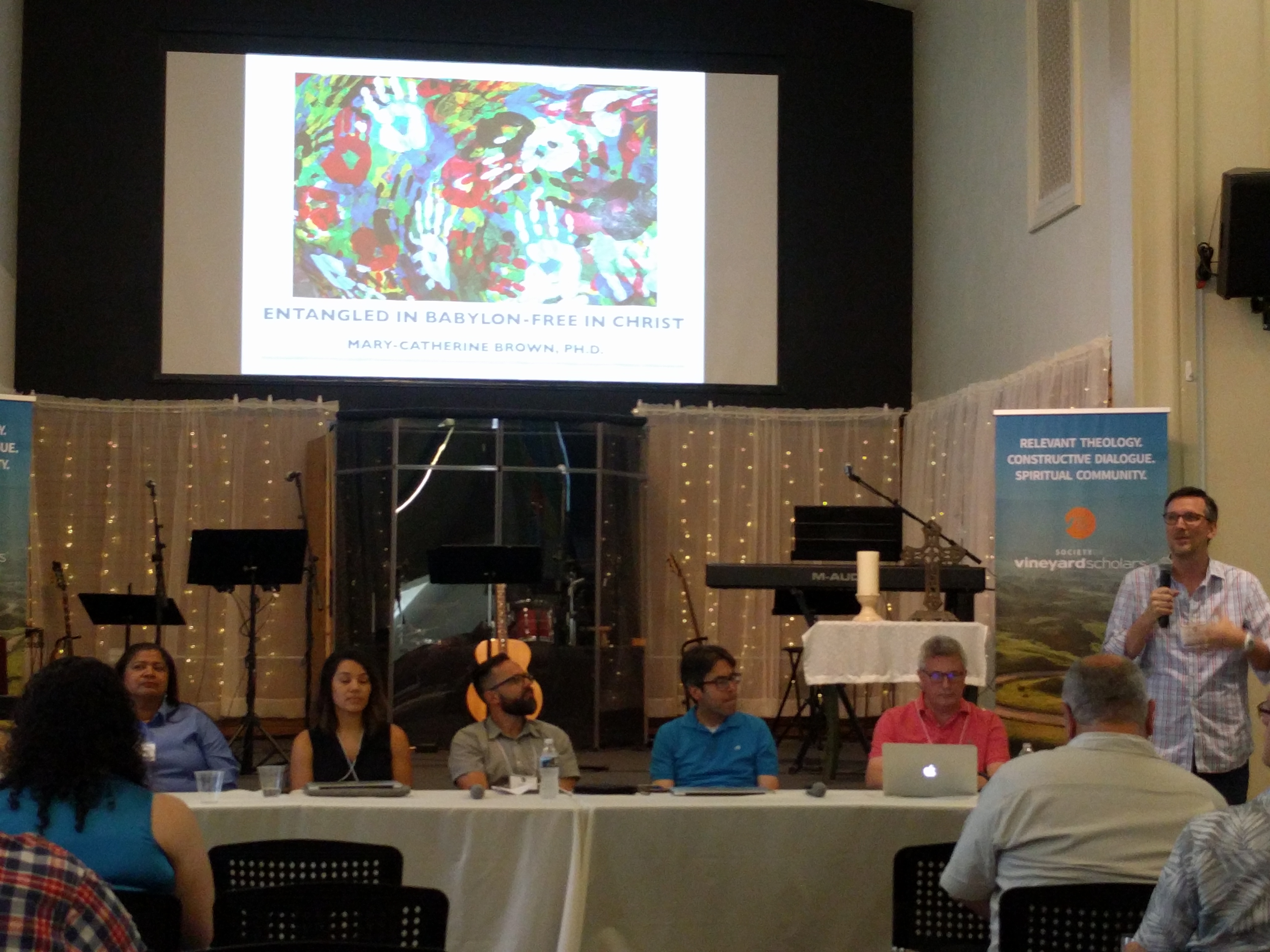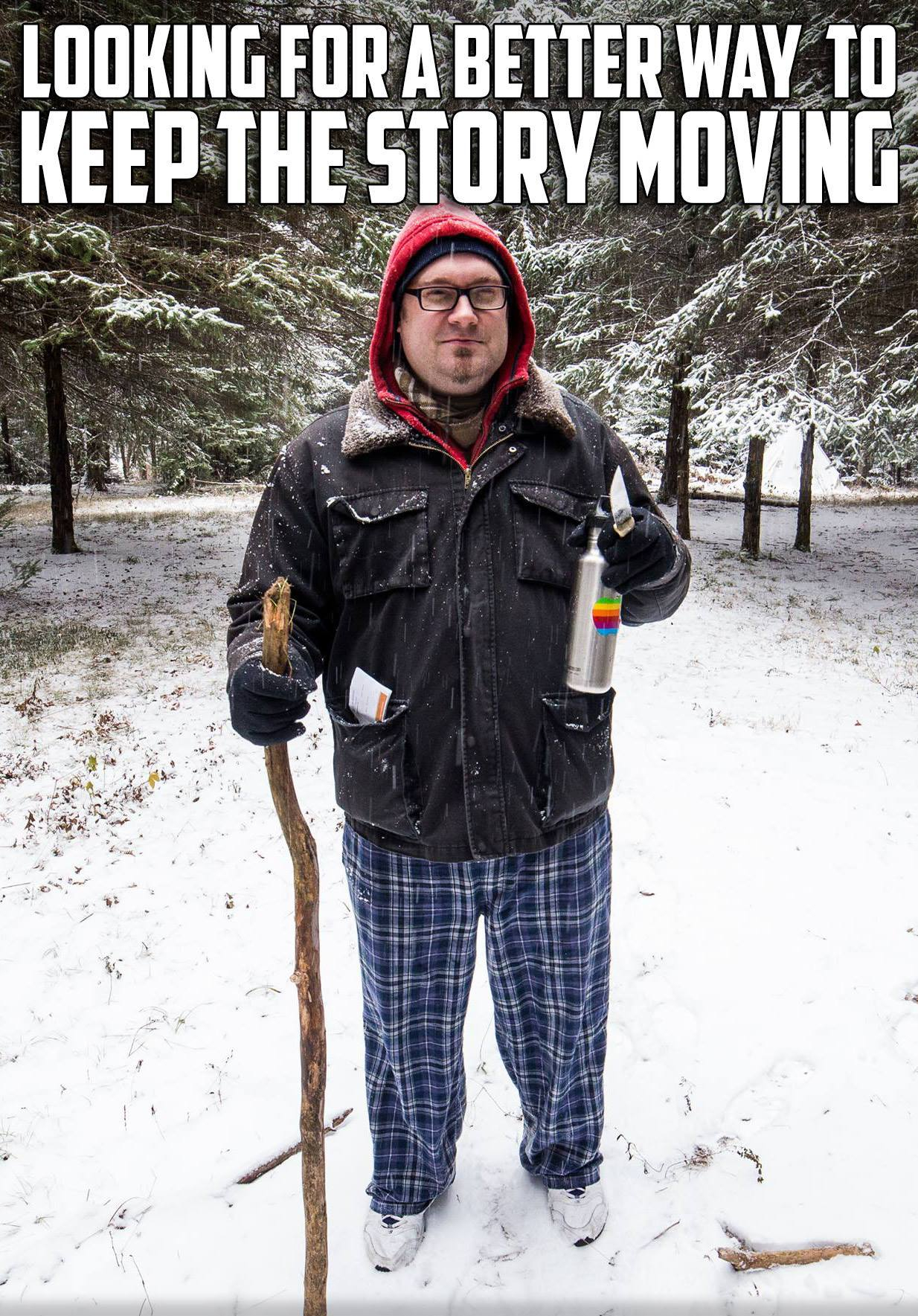Examining the hidden ideas that inhabit our imaginations is the serious need of our day. We often allow internalized entitlements, ideologies, and even racisms to colour our thinking and our acting in the world. Leaving these ideas unexamined does make sense; these hidden ideas are often the underpinnings of who we believe we are in this world. To tackle any of these ideas is both painful and risky. But it is absolutely necessary. It is those same, often unexamined, assumptions that do harm to others. Our privilege always comes with a price, a price we really do not want to think too much about.
One of the areas of conversation and exploration that I would like to embark on in the podcast is a frank examination of ways I’ve sought to decolonize my own thinking. As a male cis white straight Christian settler I have a lot of internalized ideas about who I am and how I should expect to navigate this world. These identity markers result in me taking up space that many of my friends who do no share these same markers simply have to struggle in order to occupy. And to be honest, I’ve not earned any of those markers, yet, it is through those markers that I have been able to easily gain the things that I have earned. Privilege opens doors, but it also closes doors for others.
Over the last two decades I have had the opportunity to confront my own internalized privilege through the invaluable friendships of those whose experience has been much harder than my own. These friends have continued to push me out of my own comfort zone as I refuse to overlook the inequity that comes from my own privilege. I listen to their stories and I witness first hand their marginalization and the sheer amount of struggle the have to gain things that I take for granted. Feelings of safety and my confidence that the structures of society will support me in my missteps. Even the fact that I have a voice in almost every room is something many of my friends may never feel. And when I pay attention to their silence, their absence, and their fears, it makes me uncomfortable. I know that is why many folks similar to myself fight tooth and nail to keep the marginalized at bay and to pretend that the world is a fair and equitable place to live. This discomfort is why we white settlers become so tone death as to counter “black lives matter” with “all lives matter.”
There is another option here, one that I see many courageous folks embarking on. The way of embracing discomfort as a gift. A way of laying down our privilege to just be silent in the room where rarely heard voices have bravely spoken up. A way of asking what our discomfort really says about who we are in contrast to who we actually want to be. This alternative option goes by many names, but the one I find most uncomfortable currently is decolonization, mainly because this word counters the lie that I have the right to conquer and subdue this world simply by virtue of being born into a white Canadian Christian family as a straight white man.
Decolonization is not simply saying we are done with our racisms, as if recognizing our inner selves is all that is required. Decolonication is a way of rooting out our internalized racisms and ideologies, laying them bare, and seeking ways of acting and being that counter their influence on ourselves and on the world around us. Decolonization is challenging the language of rights when it rises up in our imaginations. Decolonization is refusing to pretend to be colour blind, refusing to pretend we are not homophobic and sexist, and above all pretending that we are not privileged in our colonized country. Decolonization is above all committing to building something better than the structured society which we created as we rammed our religion down indigenous throats. Decolonization is creating something better than an economy built on slavery and on the economic dependence of those nations we see as less important than our own. Decolonization is refusing to support the status quo because more of the same is simply more of the harm we do to the other, despite anything we might tell ourselves otherwise.
In the podcast I want to make space for those who have taken up this process of entering the discomfort to make their worlds better. I am deliberately not going to ask all my black or queer friends to come speak, as if I’m somehow using my whiteness for their good (white saviorism is a colonial pattern). Not that I wouldn’t enjoy their voices here, but I want to focus on how others who, like me, are confronting their own imaginations. I’m hoping that hearing our experiences of embracing the gift of discomfort will unsettle us so that we can actually hear the stories of others without thinking that simply hearing the experience of those on the underside of history is enough to appease our consciences.
I also want to explore my own decolonization experience as I rethink my life, my faith, and my future. One area that I will tackle early on is my decolonized ideas around the Christian church, if ever they was an institution that needed decolonization it is the one that went hand in hand with the colonization of the world. It is also the religion to which I belong, so that is an uncomfortable complication. I offer my critique as an insider who is convinced that colonization and institution have masked a more radical agenda at the heart of Christianity. An agenda that could actually offer hope for creating a better world than the one we know today.
I would enjoy hearing your thoughts on decolonization? How have you embraced discomfort as a gift in your life? And even what kind of world you imagine we could move toward as we continue this important work of decolonization?


 This fall is going to be exciting, but it will be a lot of work getting there. I spent a day in the studio at Saint Paul University recording lectures for my upcoming new course THO3164: Jesus the Christ and the Language of Christian Hope. I am really pumped because this course lets me do a deep dive into material that in the past was only a small part of courses I’ve taught. We had workers outside while we were recording and I know they could hear my projecting voice because at one point they started singing “He’s got the whole world in his hands.” We had to pause a few times. But we did manage five lectures, only 25 to go!
This fall is going to be exciting, but it will be a lot of work getting there. I spent a day in the studio at Saint Paul University recording lectures for my upcoming new course THO3164: Jesus the Christ and the Language of Christian Hope. I am really pumped because this course lets me do a deep dive into material that in the past was only a small part of courses I’ve taught. We had workers outside while we were recording and I know they could hear my projecting voice because at one point they started singing “He’s got the whole world in his hands.” We had to pause a few times. But we did manage five lectures, only 25 to go!
 Back from a great conference in Kentucky, the Society of Vineyard Scholars. It was the culmination of a marathon of work, so I have not been able to blog much at all. Later today I will negotiate a new teaching contract, so things are not settling down for me either. We tend to take off on the weekends in the Summer which is great, but I usually try to disconnect from my work and blogging. I’m sure I’ll be back at this a bit more intently in the fall.
Back from a great conference in Kentucky, the Society of Vineyard Scholars. It was the culmination of a marathon of work, so I have not been able to blog much at all. Later today I will negotiate a new teaching contract, so things are not settling down for me either. We tend to take off on the weekends in the Summer which is great, but I usually try to disconnect from my work and blogging. I’m sure I’ll be back at this a bit more intently in the fall. June we’ll be back at the polls here in Ontario voting in a new provincial government. This year the political climate is quite strange. The PCs have selected Doug Ford as their leader (I’m going to resist the urge to candidate bash here) which seems a strange choice to me. The Liberals seem to have ticked off the more vocal and volatile conservative base. The NDPs and Greens are once again framed as being inconsequential. It should not be surprising that even in our last election there was a rise in the number of rejected ballots and I suspect that trend will continue. (You can vote non-confidence in Ontario and if enough do the election of a riding is redone with new candidates!)
June we’ll be back at the polls here in Ontario voting in a new provincial government. This year the political climate is quite strange. The PCs have selected Doug Ford as their leader (I’m going to resist the urge to candidate bash here) which seems a strange choice to me. The Liberals seem to have ticked off the more vocal and volatile conservative base. The NDPs and Greens are once again framed as being inconsequential. It should not be surprising that even in our last election there was a rise in the number of rejected ballots and I suspect that trend will continue. (You can vote non-confidence in Ontario and if enough do the election of a riding is redone with new candidates!)![St. Andrew's[1]](https://i0.wp.com/standrewsrichmond.org/files/2009/12/St.-Andrews1.jpg) This last week and again this week I am providing pulpit supply for
This last week and again this week I am providing pulpit supply for ![IMG_20180423_173229[1]](https://eclecticdoctor.wordpress.com/wp-content/uploads/2018/04/img_20180423_1732291.jpg) So we had this really great chair that we rescued one day and have been meaning to re-upholster for ages now. Foxy, our cat, had fallen in love with the chair as it sat temporarily in our living room, apparently she watched with great sadness as Sharon removed it to the garage. I am trying to keep a handle on projects that make it to the garage so I decided to tackle stripping it down right away. Such a dusty project!
So we had this really great chair that we rescued one day and have been meaning to re-upholster for ages now. Foxy, our cat, had fallen in love with the chair as it sat temporarily in our living room, apparently she watched with great sadness as Sharon removed it to the garage. I am trying to keep a handle on projects that make it to the garage so I decided to tackle stripping it down right away. Such a dusty project! ![IMG_20180423_173237[1]](https://eclecticdoctor.wordpress.com/wp-content/uploads/2018/04/img_20180423_1732371.jpg) But as you can see the chair has really great bones.
But as you can see the chair has really great bones.![IMG_20180423_184721[1]](https://eclecticdoctor.wordpress.com/wp-content/uploads/2018/04/img_20180423_1847211.jpg)
 I have been very busy, but in a good way.
I have been very busy, but in a good way.